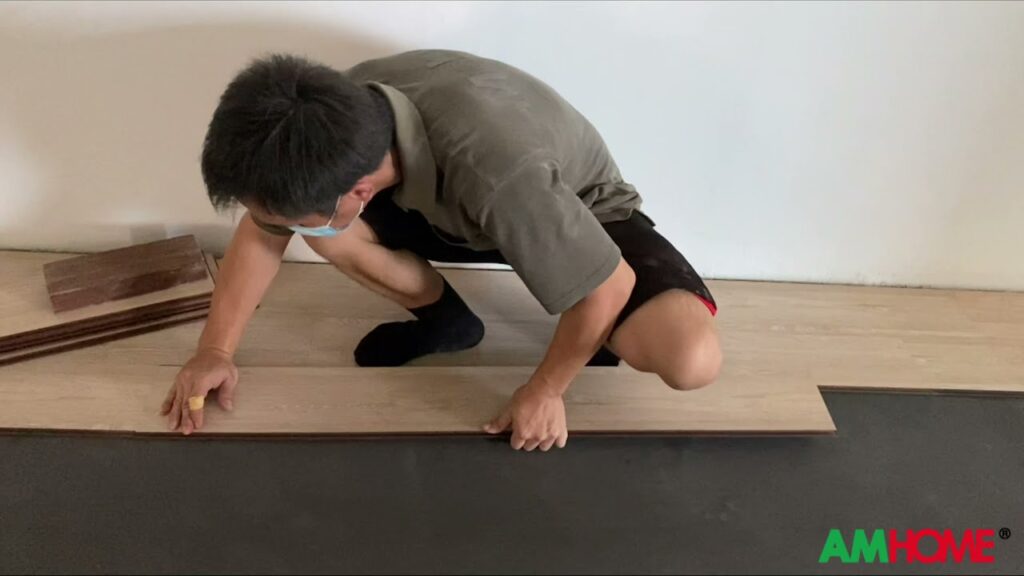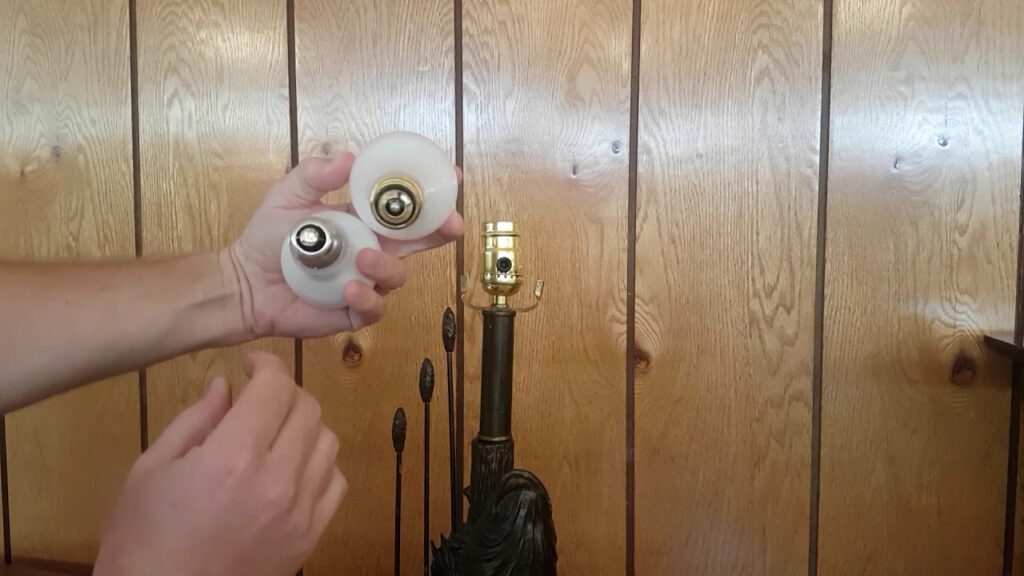Illuminate Your Space
Choosing the right lighting for your space is essential to creating a comfortable and inviting atmosphere. Whether you are looking to add a warm ambiance or increase productivity, proper illumination can make a significant difference in any room. From elegant chandeliers to sleek floor lamps, the options for lighting fixtures are vast, allowing you to create a personalized and functional space.
Consider the purpose of each area in your home or office and select lighting options that complement its function. For instance, task lighting such as desk lamps and under-cabinet lights are ideal for workspaces, while ambient lighting like pendant lights and recessed fixtures can enhance the overall mood in living areas. By incorporating a mix of lighting types, you can achieve a well-balanced and adaptable environment.
Furthermore, the design and style of your lighting fixtures can significantly impact the aesthetic of your space. Whether you prefer a modern, minimalist look or a more traditional and ornate feel, there are various options to suit your taste. Additionally, don’t underestimate the power of natural light – strategically placing mirrors and utilizing window treatments can help maximize the natural light in a room and reduce the need for artificial illumination during the day.
Enhance Energy Efficiency
Enhancing energy efficiency is crucial in today’s world where energy consumption is at an all-time high. By implementing energy-efficient practices, individuals and businesses can reduce their carbon footprint and contribute to a more sustainable future. There are various strategies that can be employed to enhance energy efficiency, from simple lifestyle changes to the implementation of advanced technology.
One effective way to enhance energy efficiency is through the use of energy-saving appliances and equipment. By upgrading to energy-efficient models, such as LED light bulbs or ENERGY STAR-rated appliances, individuals and businesses can significantly reduce their energy consumption. Additionally, proper maintenance and regular servicing of existing equipment can improve its efficiency, leading to long-term energy savings.
Another important aspect of improving energy efficiency is through building design and construction. Implementing proper insulation, energy-efficient windows, and sealing air leaks can greatly reduce the amount of energy needed to heat and cool a building. Furthermore, utilizing natural light and incorporating passive solar design principles can further enhance energy efficiency while reducing reliance on artificial lighting and heating systems.
In addition to these strategies, behavioral changes and awareness are also crucial in enhancing energy efficiency. Simple practices such as turning off lights and electronics when not in use, adjusting thermostats to conserve energy, and using energy-efficient lighting solutions can collectively make a significant impact on reducing energy consumption. By prioritizing energy efficiency, individuals and businesses can make a positive contribution to environmental conservation and sustainable energy use.
Improve Ventilation and Air Quality
1. Open Windows and Doors
One of the easiest ways to improve ventilation and air quality in your home is to simply open windows and doors. This allows for fresh air to enter and helps to remove indoor air pollutants. It’s a simple and effective way to promote air circulation and reduce the buildup of harmful pollutants.
2. Use Air Purifiers
Investing in high-quality air purifiers can significantly improve indoor air quality by removing allergens, pollutants, and odors. Look for air purifiers with HEPA filters to effectively capture small particles and improve the overall air quality in your home.
3. Keep HVAC System Maintained
Regular maintenance of your heating, ventilation, and air conditioning (HVAC) system is crucial for ensuring proper ventilation and air quality. Change filters regularly, schedule professional inspections, and address any issues promptly to keep your HVAC system operating efficiently and promoting healthy indoor air.
4. Introduce Houseplants
Houseplants not only add a touch of nature to your indoor space but also help improve air quality by filtering out harmful pollutants and releasing oxygen. Consider adding plants such as spider plants, peace lilies, or snake plants to your home to naturally enhance ventilation and air quality.
Considerations for Installation
When it comes to installing a new system or software, there are several important considerations to keep in mind. First and foremost, it is crucial to assess the system requirements and compatibility with your existing infrastructure. This includes verifying the necessary operating system, hardware, and software prerequisites to ensure a smooth installation process.
Additionally, it’s essential to pre-plan the installation process to minimize any potential disruption to ongoing operations. This involves scheduling the installation at a time when it will least impact the regular workflow and ensuring that the necessary resources and manpower are available to complete the installation efficiently.
Furthermore, considering the potential impact on data and system integrity is paramount. It is crucial to back up all critical data and configurations before proceeding with the installation, as unexpected issues during the process could result in data loss or system instability.
Finally, post-installation testing and validation are critical to ensure that the new system or software is functioning as intended and that any potential issues are addressed promptly. It’s important to have a clear plan for testing and validation after installation to minimize any disruptions or performance issues.
Hire a Professional for Expert Installation
When it comes to installing complex systems or equipment, it’s crucial to hire a professional with the knowledge and experience to ensure a successful outcome. Whether it’s a home security system, a new appliance, or a sophisticated technological device, the installation process is a critical step that requires precision and expertise.
Why Hire a Professional?
Professional installers have the necessary training and expertise to navigate the intricacies of installation, ensuring that the job is completed accurately and up to industry standards. Their experience allows them to anticipate potential challenges and troubleshoot effectively, ultimately saving time and preventing costly mistakes.
Peace of Mind
By hiring a professional for expert installation, you can have peace of mind knowing that the job will be done right the first time. Professional installers adhere to safety protocols and best practices, minimizing the risk of accidents or malfunctions down the line. Additionally, many professional installation services offer warranties or guarantees, providing added reassurance and protection for your investment.
Efficiency and Convenience
Professional installers are equipped with the necessary tools and resources to complete the installation efficiently and with minimal disruption to your daily routine. Their expertise allows for a streamlined and hassle-free process, saving you the time and effort of attempting a DIY installation that may result in frustration and subpar results.
In conclusion, hiring a professional for expert installation is a smart investment that can save you time, stress, and potential complications. Whether it’s for a home project or a business need, enlisting the services of a professional installer ensures a smooth and successful installation process.


